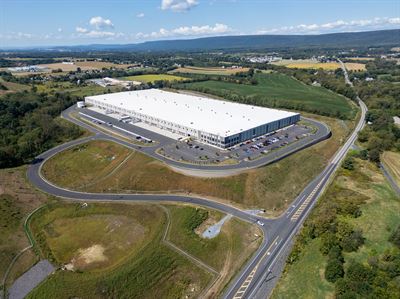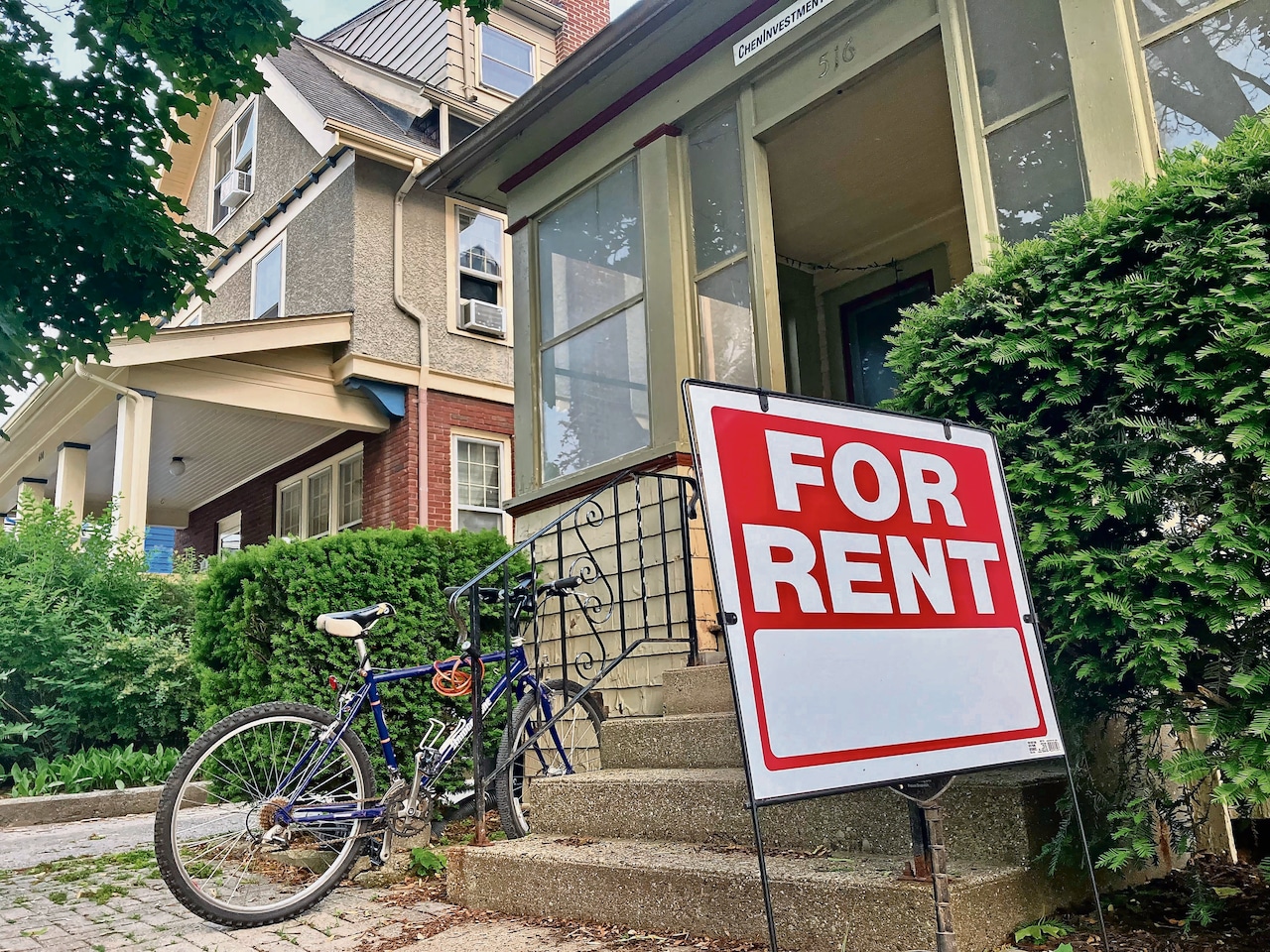C
anada stands at a critical juncture in its sustainability journey, with Mark Carney's leadership marking a significant shift from traditional carbon taxation to incentive-based climate strategies. The commercial real estate sector must navigate this transition, capitalizing on emerging opportunities and adapting to complex challenges. Carney's plans, rooted in his experience at the intersection of global finance and climate action, present both opportunities and risks for the industry.
A key aspect of Carney's strategy is the elimination of consumer carbon pricing in favor of targeted incentives and industrial regulation. This approach acknowledges the limitations of previous taxation methods and emphasizes maintaining Canada's global competitiveness through a Carbon Border Adjustment Mechanism. For commercial real estate owners and operators, this raises questions about how industrial regulations might influence property investment markets, particularly in regions dependent on manufacturing or resource extraction.
Carney's climate initiative also focuses on incentivizing sustainability through subsidies for electric vehicles, heat pumps, efficiency retrofits, and renewable energy installations. This offers the commercial real estate sector tangible financial incentives to integrate cutting-edge sustainability technologies into building design and operations. Direct government support, such as streamlined regulatory processes, will likely create favorable conditions for developers investing in sustainable construction and retrofits.
The Building Emission Performance Standards (BEPS) are increasingly recognized as essential regulatory instruments fostering urban sustainability transitions. However, BEPS implementation poses challenges regarding upfront retrofit costs, technical complexity, and equitable financial support for smaller property owners. Cities like Vancouver address affordability concerns through targeted financial incentives and technical assistance programs.
Carney's background as a global financial authority profoundly influences his approach to sustainability, emphasizing transparency and accountability. His advocacy for mandatory emissions disclosures and structured frameworks guiding financial institutions toward sustainable investments highlights the importance of data-driven policy and financial transparency in environmental action.
Real estate finance stands to experience substantial shifts under these new financial sector guidelines, with mandatory climate risk disclosures altering investment attractiveness, reshaping lending practices, and influencing asset valuation methodologies. Institutional investors increasingly prioritize sustainability performance metrics, suggesting an evolving landscape where properties demonstrating superior environmental credentials will command valuation and rent premiums.
The commercial real estate sector must consider how to meet increasingly rigorous disclosure standards, leverage sustainability credentials to attract premium investment capital, and navigate the evolving financial landscape. This may encourage novel partnerships between real estate developers, financiers, and climate technology innovators.
Carney's nuanced climate policy emphasizes the deep connection between environmental goals and social priorities, proposing to address multiple societal challenges simultaneously. This could open opportunities for real estate firms to align sustainability initiatives with broader economic and social development goals, such as investments in sustainable social housing and resilient community developments.
However, Carney's vision also introduces complexities and potential risks, including the need for robust, binding policies to promote transparency and accountability. Commercial real estate firms must navigate this uncertain terrain cautiously, engaging proactively with policymakers to ensure regulatory frameworks balance flexibility and accountability effectively.
Ultimately, Canada's new climate policy landscape under Mark Carney's leadership represents both significant opportunity and profound transformation for the commercial real estate industry. The shift from consumer carbon taxation toward structured incentives, financial market reforms, and integrated societal solutions positions real estate as a critical player in Canada's sustainability journey. By proactively integrating sustainability into strategic decision-making, the industry can thrive economically while significantly contributing to Canada's sustainable future.













